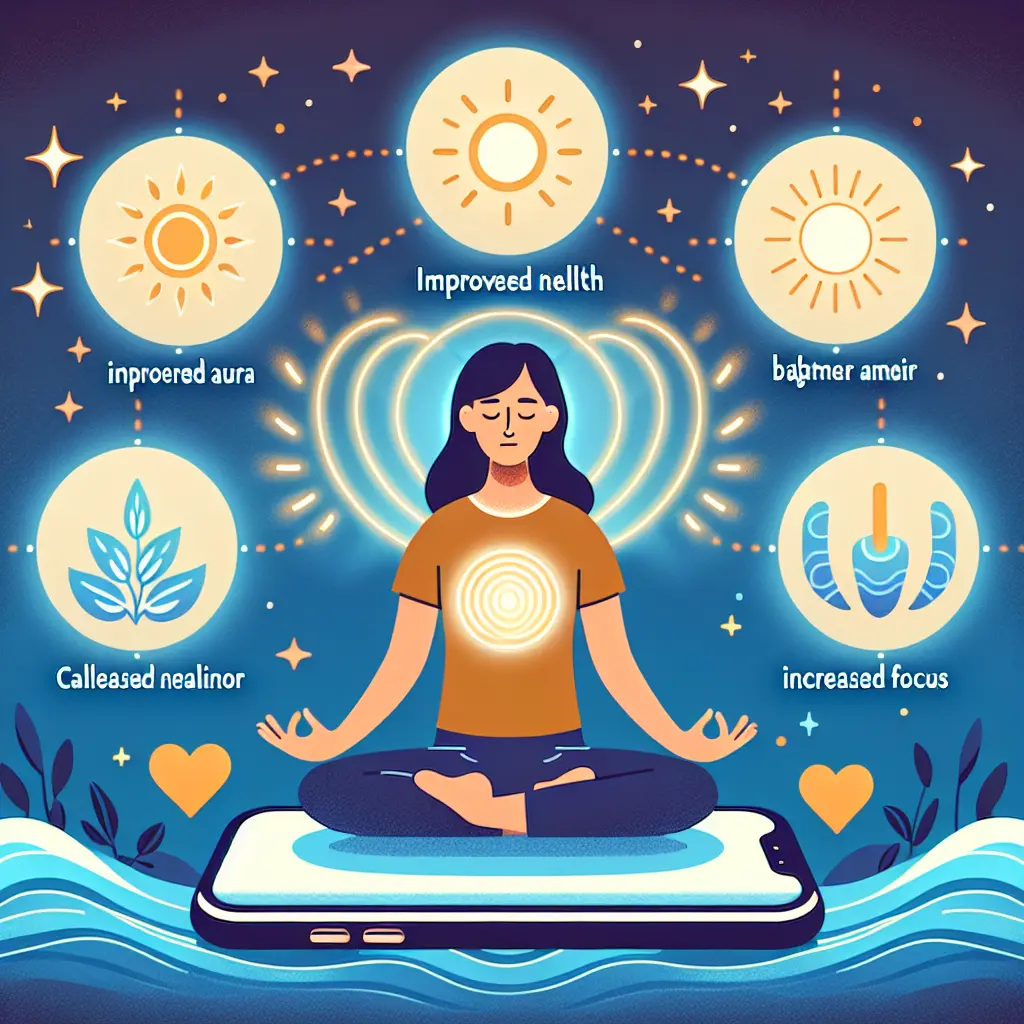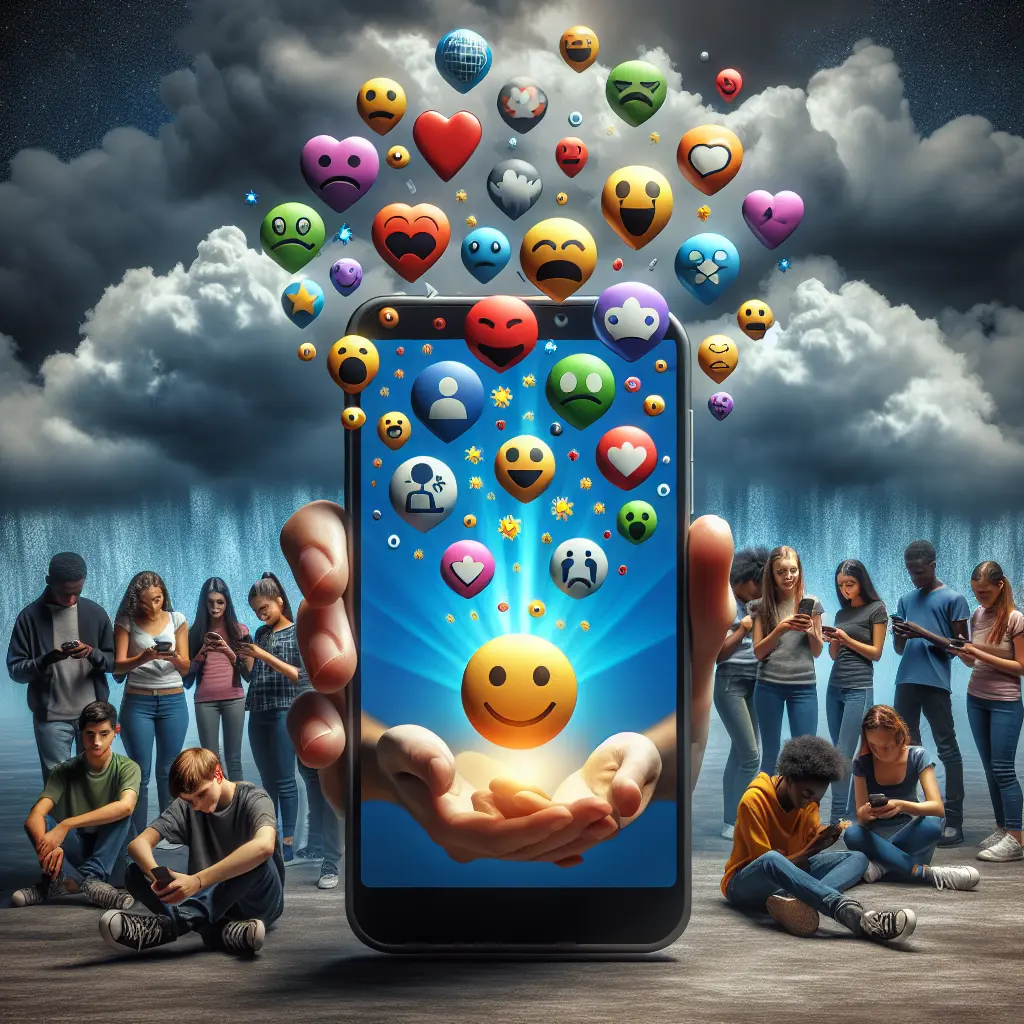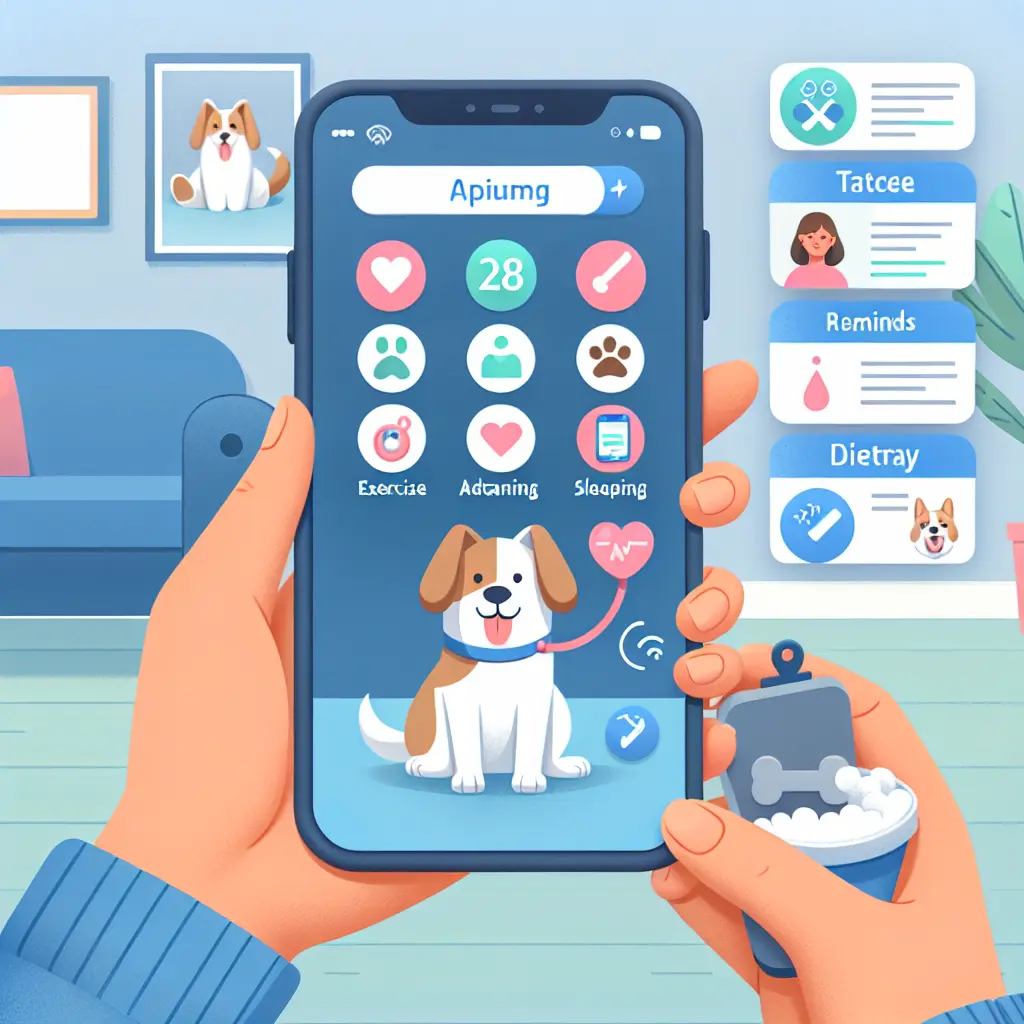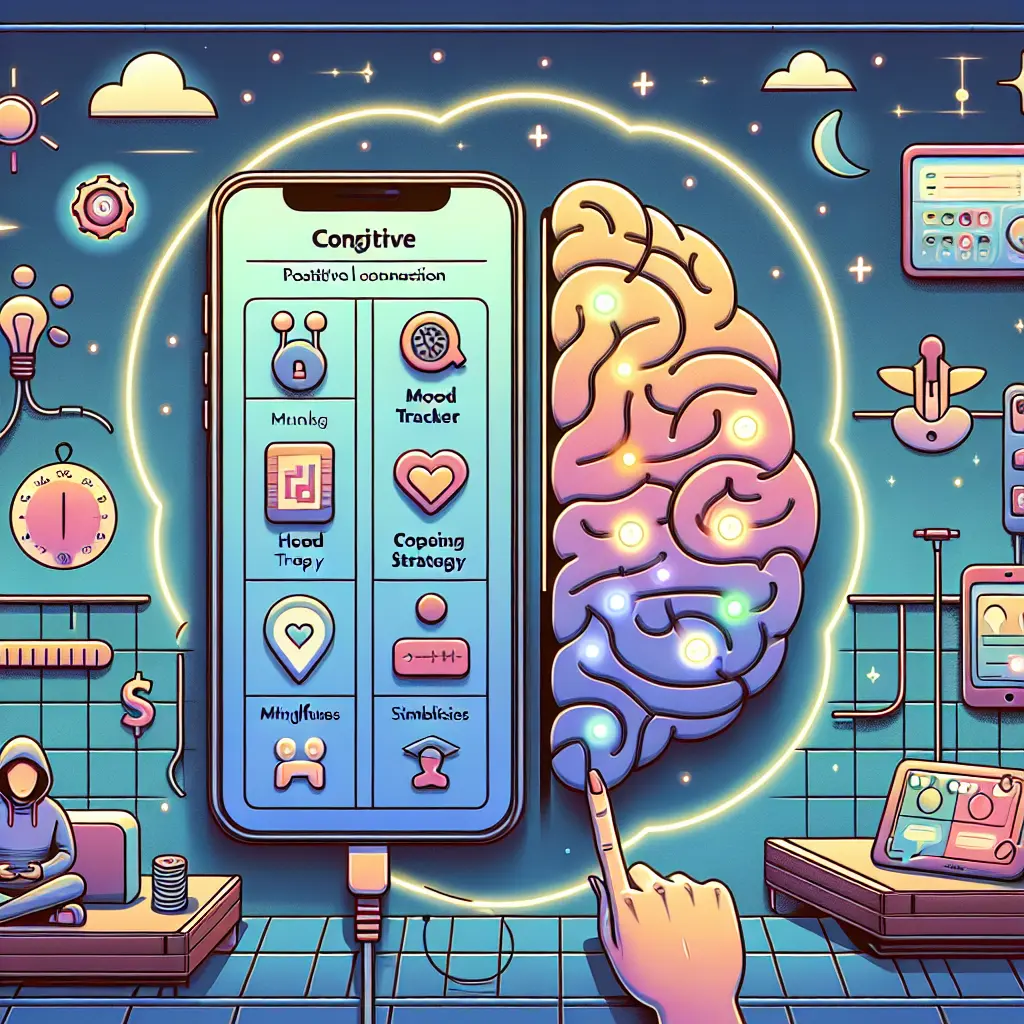In today's fast-paced world, mental health has become a priority for many, and the advent of mental health apps is revolutionizing how individuals engage in daily mindfulness practices. As the importance of mental wellness gains recognition, these digital tools offer an accessible and effective way to improve mental health. Whether you're a seasoned mindfulness practitioner or new to the world of meditation, mindfulness apps provide an array of techniques that fit seamlessly into any mental health routine.
One of the standout benefits of mental health apps is their ability to offer on-demand support and guidance. Stress reduction apps and anxiety management apps deliver immediate relief through calming exercises and meditative techniques, helping users build mental resilience. This immediacy is crucial for building mental resilience, a quality that has become a focal point for many individuals and organizations alike.
A surprising example of digital platforms contributing to mental health support is the 2022 hit, PowerWash Simulator. Its unexpected update not only added engaging content but also sparked conversations about mental health research and its integration with gaming. This highlights how digital tools, even in unconventional forms, can offer unexpected benefits in stress reduction.
As companies strive to support the mental health of their employees, mental wellness apps have become a key component of workplace wellness programs. A new generation of workers prioritizes maintaining mental and physical health, prompting organizations to adopt creative and inclusive ideas to support employee well-being.
For instance, wearable technology like the Samsung Galaxy Watch 7 has incorporated mindfulness exercises into its suite of tools, enabling users to track their progress and improve mental health on the go. Such innovations reflect a broader trend toward integrating mindfulness practices into everyday life, both at work and beyond.
Fostering Long-Term Mental Wellness
Mental health apps are not only about immediate relief; they also play a crucial role in fostering long-term mental wellness. By incorporating self-improvement apps focused on mindfulness techniques into daily routines, individuals can cultivate habits that manage anxiety and promote emotional well-being over time.
The sober dating revolution led by Gen Z exemplifies this shift towards healthier lifestyles, where mindfulness is prioritized over traditional social practices like alcohol consumption during dates. This cultural change underscores the growing recognition of mental health's role in overall well-being and the importance of digital mental health tools in supporting these new norms.
Mindfulness apps also enhance focus and emotional resilience, drawing inspiration from high-performance environments such as sports. Olympians, for instance, employ daily mental health habits to maintain focus amidst pressure. Apps that guide users through meditation sessions are particularly effective in this regard, helping individuals cut out external noise and center their attention on their well-being.
Emotional well-being apps further contribute to this goal by promoting positivity and resilience. By offering users tailored mindfulness exercises, these apps enable individuals to build a solid foundation for mental health support. This personalized approach is invaluable for understanding one's mental state and making informed decisions about self-care.
Navigating Challenges with Mental Health Technology
Despite the numerous benefits, the integration of mental health technology is not without its challenges. Public figures like Paddy Pimblett have highlighted the societal stigma still attached to mental health discussions, as seen in his reaction to negative responses on social media. Such incidents underscore the need for continued advocacy and education around mental health awareness.
Moreover, the phenomenon of "Mercury retrograde" often serves as a scapegoat for misfortunes, illustrating how misconceptions can affect perceptions of mental wellness. Educating users about the real impact of mindfulness practices versus myths can empower them to make better use of digital mental health tools.
Looking ahead, the role of mental health apps in daily mindfulness practices is set to expand further. The trend towards minimalism, reflected in the rise of "dumbphones," suggests a desire to reduce digital distractions and focus on meaningful engagements. Mental wellness apps can cater to this trend by offering streamlined, user-friendly interfaces that prioritize essential mindfulness techniques over unnecessary features.
In conclusion, the benefits of using mental health apps for daily mindfulness practices are vast and varied. These digital tools offer immediate support, foster long-term wellness, enhance focus, and help navigate societal challenges related to mental health. As technology continues to evolve, so too will the capabilities of these apps, ensuring they remain an integral part of any mental health routine.
Mental health apps have undeniably revolutionized the way individuals approach mindfulness practices, offering a diverse array of benefits that cater to both immediate needs and long-term mental wellness. These digital tools provide on-demand support, empowering users to manage stress and anxiety effectively. By integrating into workplace wellness programs and daily routines, they foster environments where mental resilience and emotional well-being can flourish.









Leave a Comment